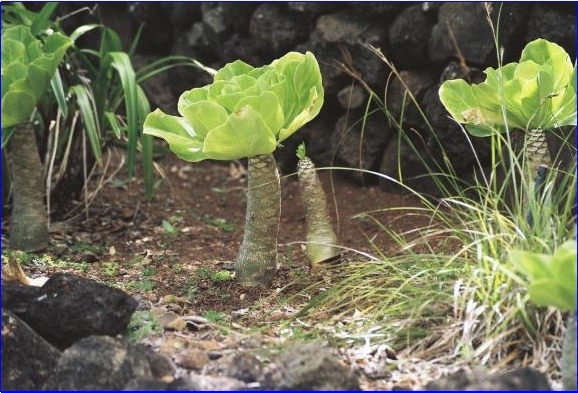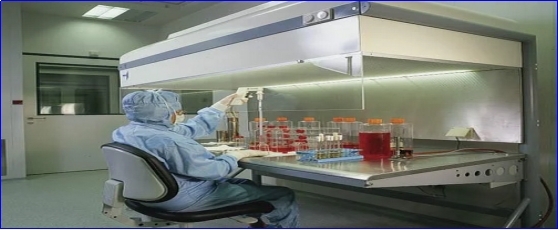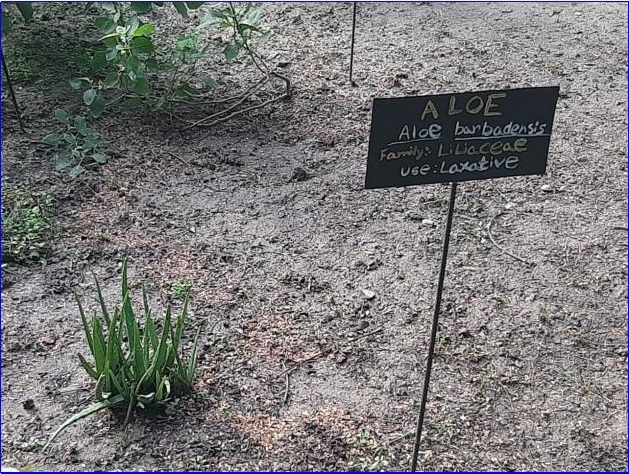Reported by: Taatparjyo Moitra, M.A English, 3 rd Semester
The effects of urban development on biodiversity has become an important research area. In this regard, Brainware University is bringing its own expertise in this area for a brighter future.
What is threatening the biosphere?
As per media reports, in the period from 1996 to 2019, the IUCN red list has been replenished by 15,774 plant species, with 36% of the total being ‘endangered species’
“Global warming and urbanization has threatened the biosphere. Preserving local plants, especially the medical ones, will help India’s position in the global pharmaceutical market.” states Dr. Bhakti Bhushan Barik, Head of the Department, Department of Pharmaceutical Technology.
He further added that as the medicinal qualities of many plants are unknown yet, a prompt initiative must be taken to protect them.
 “Global warming and urbanization has threatened the bio-sphere”
“Global warming and urbanization has threatened the bio-sphere”
Recent developments
“Some plants fail to reproduce naturally. They must be raised and reproduced through technical means” states Dr. Sayantan Ghosh, Head of Department, Department of Biotechnology, Brainware University.
 Vulcan Palm. Scientists are attempting to protect this breed
Vulcan Palm. Scientists are attempting to protect this breed
This increased consciousness has led to the creation of gene banks and herbariums. “ICAR-CIARI establishes Pandanus Gene Bank on the eve of World Coconut Day 2022”, an Andamansheekha.com report on September 5, 2022 pointed out. In addition to that the Maharashtra cabinet has approved the creation of the nation’s first gene bank.
Dr. Dipankar Bhattacharyay, Pro-Vice-Chancellor, Brainware University, explained ‘tissue culture’ as an important method for preservation efforts.
“Micro-propagation is a tried and tested method. Foreign countries are exploring the viability of genetic modification for preservation methods but for now tissue culture is our best bet,” he said.
 Tissue culture is the most important micro-propagation system right now.
Tissue culture is the most important micro-propagation system right now.
Initiatives undertaken by Brainware University
The departments of Pharmaceutical Technology and Biotechnology at Brainware are collaborating to preserve endangered plants. Dr. Barik informed, “We are trying our best and looking for ways to preserve these herbs, many of which have medicinal values. We have built a facility where we store these endangered plants for further research. We have also made a herb garden”.
 Preservation of endangered species at Brainware University
Preservation of endangered species at Brainware University
While speaking about the initiatives undertaken by Brainware University, Dr. Dipankar said, “We have systems that filter light spectrum and control temperature in order to encourage certain characteristics in plants”.
He also added, “We have also introduced a value added course concerned with the education and application of tissue culture on Gerbera plant. We are trying to slowly move towards allowing students to handle endangered plants”.
The aim of the university is to create a generation of protectors for this world who will follow due diligence in their quest for creating a better future. These initiatives assure the understand of the social obligations and duties by the students.